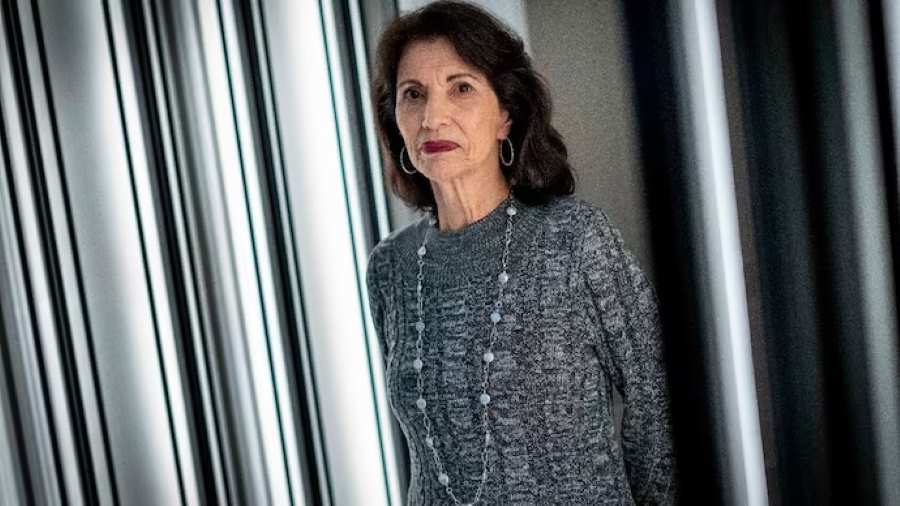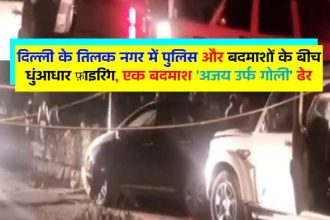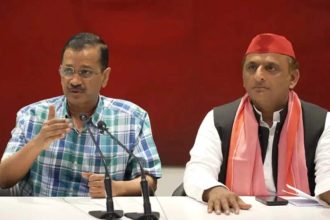In the confines of a stark, windowless courthouse conference room, Diane Foley found herself seated opposite the man whose actions had forever altered her life—the man who played a role in her son’s tragic demise. In a poignant interview, Foley revealed that this encounter marked a small step towards reconciliation—a chance for both parties to grasp each other’s perspectives.
These conversations offered Foley a rare opportunity to immortalize her son, Jim—a man remembered for his boundless curiosity, vitality, and unwavering principles. Across the table, Alexanda Kotey, bound by shackles, expressed empathy for the Foley family’s anguish while staunchly defending his actions as those of a soldier during wartime.
Unable to disclose the whereabouts of Jim’s remains, Kotey’s remorse was palpable yet tinged with resentment towards U.S. involvement in the Middle East. Nevertheless, for Foley, these exchanges held profound significance.
“I simply sought to build a bridge,” Foley explained. “The cycle of pain and animosity persists unless we make the effort to truly listen to one another.”
Their interaction, while unconventional, is emblematic of a saga that defies convention. Jim Foley was among a group of Western journalists and aid workers held captive and ultimately slain by British-born Islamic State militants in Syria—an ordeal characterized by terror tactics such as waterboarding and mock executions.
Kotey and his accomplice, El Shafee Elsheikh, were captured years after Jim’s murder, following a tumultuous journey that involved a U.S.-backed militia and legal negotiations. Eventually brought to the U.S. for trial, Kotey’s 2021 plea agreement mandated these dialogues with Foley, offering a chance for both parties to confront their shared anguish.
“American Mother,” co-authored by Foley and Colum McCann, delves into this unprecedented interaction, shedding light on Foley’s advocacy efforts and her disappointment with the U.S. government’s response to her son’s disappearance.
Within the confines of that sterile courtroom, Foley and Kotey exchanged perspectives. Foley painted a vivid portrait of Jim—a truth-seeker, educator, and journalist—while Kotey shared glimpses of his own life, revealing photos of his daughters amidst the chaos of a Syrian refugee camp.
Despite acknowledging his role in Jim’s captivity, Kotey maintained a sense of detachment, attributing his actions to wartime duty. Yet, he expressed remorse for inflicting pain upon the Foley family, grappling with the complexities of his resentment towards U.S. policies.
Their dialogue evolved over multiple sessions, culminating in Kotey’s reflections on regret and redemption. As they bid farewell, Foley extended a gesture of goodwill, offering prayers for Kotey’s peace.
In the aftermath of their encounters, Foley reflected on the shared sorrow that lingered in that somber room—a reminder that amidst loss, empathy can serve as a catalyst for understanding.
In the end, both Foley and Kotey had experienced profound losses. Yet, through the power of dialogue, they found a glimmer of comprehension amidst the shadows of tragedy.

















